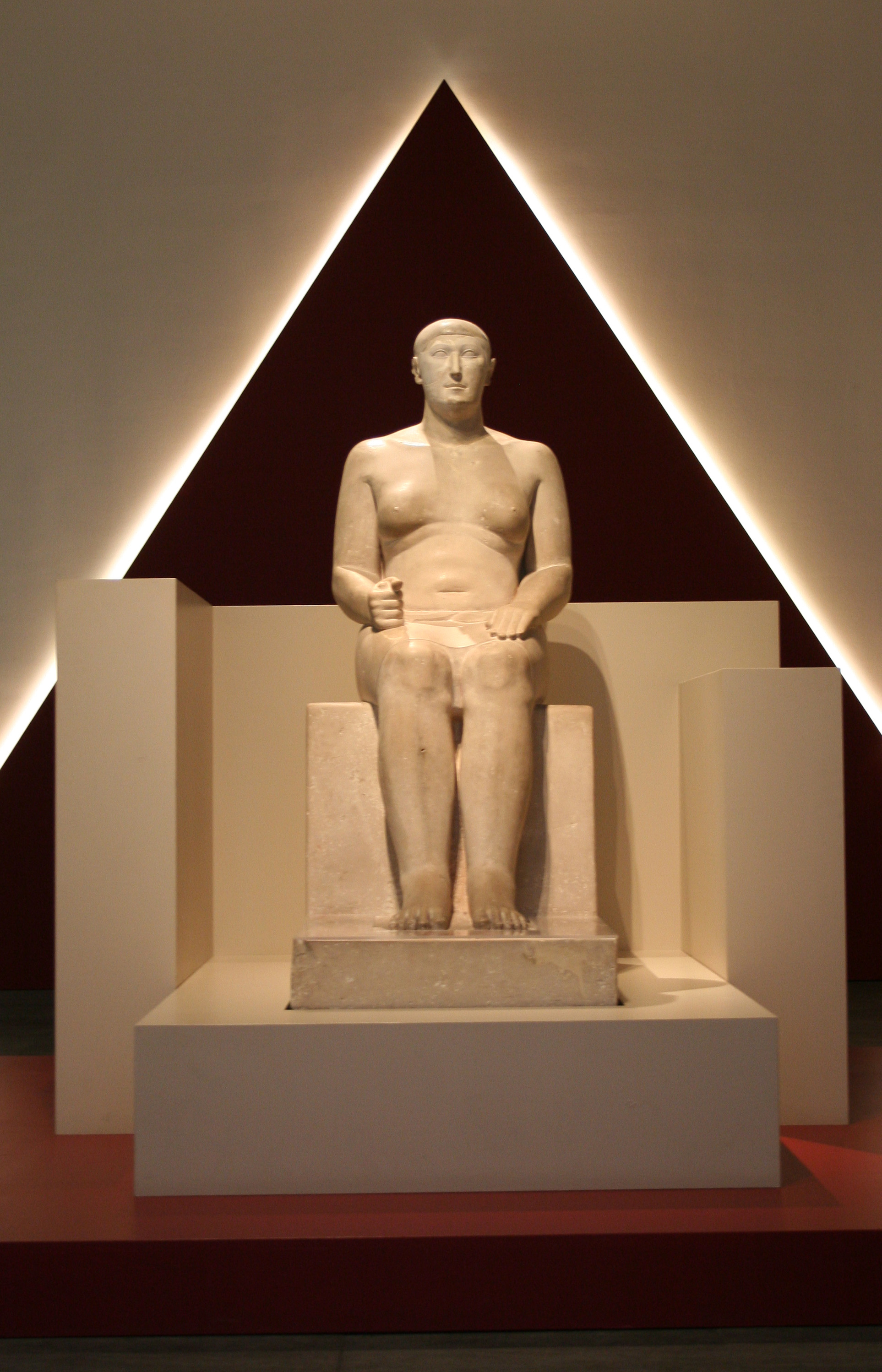|
Kheti (vizier)
Kheti was an ancient Egyptian vizier of the Twelfth Dynasty under king Amenemhet III, around 1800 BC. Kheti is known from a papyrus fragment dated to year 29 of that king. He is the only vizier who can be specifically dated to the rule of Amenemhat III. In the ''Installation of the Vizier The Installation of the vizier, alt. Instruction of Rekhmire, Regulation laid upon the vizier Rekhmire, is an ancient Egyptian text dating to the New Kingdom found in Rekhmire's tomb at Thebes. It describes the office of the Egyptian vizier, his ...,'' a text referring to the office of the vizier, found in several New Kingdom tombs, there is mentioned a famous vizier named Kheti. About him is said: ''He impoverished his associates for the benefits of others''. It seems possible that both sources refer to the same person.W. Grajetzki: ''Court Officials of the Egyptian Middle Kingdom'', London 2009 {{ISBN, 978-0-7156-3745-6, p. 34 References Viziers of the Twelfth Dynasty of Egypt ... [...More Info...] [...Related Items...] OR: [Wikipedia] [Google] [Baidu] |
Vizier (Ancient Egypt)
The vizier () was the highest official in ancient Egypt to serve the pharaoh (king) during the Old, Middle, and New Kingdoms. Vizier is the generally accepted rendering of ancient Egyptian , etc., among Egyptologists. The ''Instruction of Rekhmire'' (''Installation of the Vizier''), a New Kingdom text, defines many of the duties of the , and lays down codes of behavior. The viziers were often appointed by the pharaoh. During the 4th Dynasty and early 5th Dynasty, viziers were exclusively drawn from the royal family; from the period around the reign of Neferirkare Kakai onwards, they were chosen according to loyalty and talent or inherited the position from their fathers. Responsibilities The viziers were appointed by the pharaohs and often belonged to a pharaoh's family. The vizier's paramount duty was to supervise the running of the country, much like a prime minister. At times this included small details such as sampling the city's water supply. All other lesser supervis ... [...More Info...] [...Related Items...] OR: [Wikipedia] [Google] [Baidu] |
Amenemhet III
:''See Amenemhat, for other individuals with this name.'' Amenemhat III ( Ancient Egyptian: ''Ỉmn-m-hꜣt'' meaning 'Amun is at the forefront'), also known as Amenemhet III, was a pharaoh of ancient Egypt and the sixth king of the Twelfth Dynasty of the Middle Kingdom. He was elevated to throne as co-regent by his father Senusret III, with whom he shared the throne as the active king for twenty years. During his reign, Egypt attained its cultural and economic zenith of the Middle Kingdom. The aggressive military and domestic policies of Senusret III, which re-subjugated Nubia and wrested power from the nomarchs, allowed Amenemhat III to inherit a stable and peaceful Egypt. He directed his efforts towards an extensive building program with particular focus on Faiyum. Here he dedicated a temple to Sobek, a chapel to Renenutet, erected two colossal statues of himself in Biahmu, and contributed to excavation of Lake Moeris. He built for himself two pyramids at Dahshur and Hawa ... [...More Info...] [...Related Items...] OR: [Wikipedia] [Google] [Baidu] |
Installation Of The Vizier
The Installation of the vizier, alt. Instruction of Rekhmire, Regulation laid upon the vizier Rekhmire, is an ancient Egyptian text dating to the New Kingdom found in Rekhmire's tomb at Thebes. It describes the office of the Egyptian vizier, his appointment, his duties, his relationships to other officials, and how to behave. Two incomplete copies of the ''Regulation laid upon the vizier Rekhmire'' have survived, one in the tomb of Useramen (reign of Thutmose III) and another in the tomb of Amenemope (reign of Amenhotep II. The vizier's main functions according to the ''Regulation'' are in the fields of the judiciary, treasury, war, interior, agriculture, and general executive Executive ( exe., exec., execu.) may refer to: Role or title * Executive, a senior management role in an organization ** Chief executive officer (CEO), one of the highest-ranking corporate officers (executives) or administrators ** Executive dir ....Breasted, ''op.cit.''§ 672/ref> References * M. Lic ... [...More Info...] [...Related Items...] OR: [Wikipedia] [Google] [Baidu] |

.jpg)